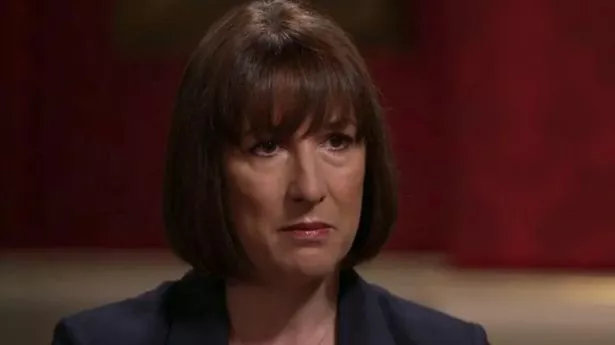Dame Andrea Jenkyns, prominently known for her political views, stands at the forefront of the upcoming Greater Lincolnshire mayoral elections, representing Reform UK. However, the road to election day has been anything but smooth, as serious objections regarding her candidacy have come to light. The central question causing this electoral uproar: Is Dame Andrea Jenkyns rightfully entitled to her position on the electoral roll in Lincolnshire?
Recently, a formal objection has been filed concerning Jenkyns’ suitability to run for mayor. The underlying issue revolves around her eligibility as per the standards set by the Electoral Commission. Candidates, according to these guidelines, must either reside or work in the area, own or rent land there, or be listed on the electoral roll. Jenkyns was recently added to the electoral roll at a property in Bassingham, which raises questions about her primary residency.
A hearing is set to occur on Friday, crucially timed just a week before the elections scheduled for May 1st. This type of hearing is a necessary part of the statutory process followed by councils when objections arise. Both the seriousness of the objection and its timing underscore the charged atmosphere surrounding this mayoral race.
The claims against the popular Reform candidate has left many people in Skegness, Grimsby, Boston, Scunthorpe, and Lincoln confused and worried that they will not have a Reform candidate is not allowed to continue with her campaign.
Those supporting Jenkyns, including Reform UK and its leader Nigel Farage, argue that these objections are “vexatious” and “politically motivated”. They see it as a tactical move to destabilize Jenkyns’ campaign by “playing games with electoral law”. Farage has publicly defended Jenkyns by emphasizing her strong ties to the community, noting that while her residency may currently split between Yorkshire and Lincolnshire, her personal and professional life is deeply embedded in the region. Furthermore, Jenkyns has indicated a willingness to relocate to Lincolnshire should she be elected.
Despite the challenge posed against Jenkyns, the outcome will not directly affect the electoral process on May 1st. However, it holds potential implications for post-election actions, where candidates or concerned parties might appeal to the Election Petitions Office to contest the results based on the hearing’s outcome.
Jenkyns’ history with Lincolnshire is deeply rooted. She relocated to the area at the young age of seven, pursued her education at Grimsby College, and continued to the University of Lincoln. Her political career began at the local level as a member of the Lincolnshire County Council before advancing to national politics as the Conservative MP for Morley and Outwood in 2015. Her decision to join Reform UK last year marked her shift away from the Conservative Party, aligning herself with a party she feels better supports her vision for the region.
The challenge against Jenkyns surfaces as a subplot in the broader narrative of England’s local elections due in 2025. As the Greater Lincolnshire region anticipates its mayoral decision, the events surrounding Jenkyns could set a precedent for other electoral disputes, impacting political strategies and candidate selections in future races.


